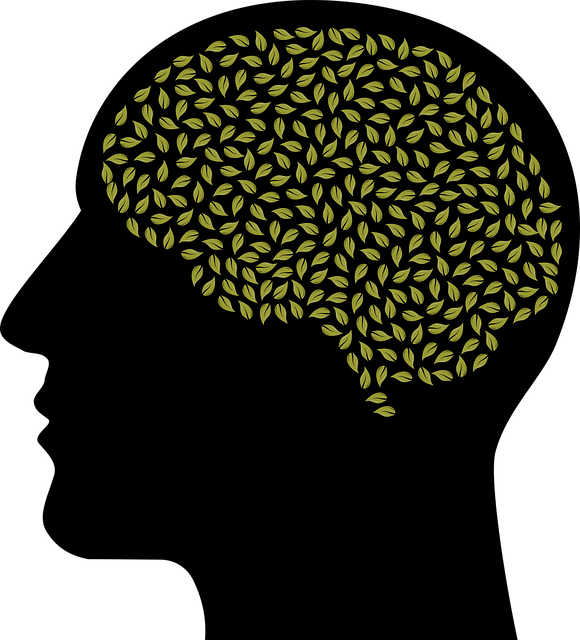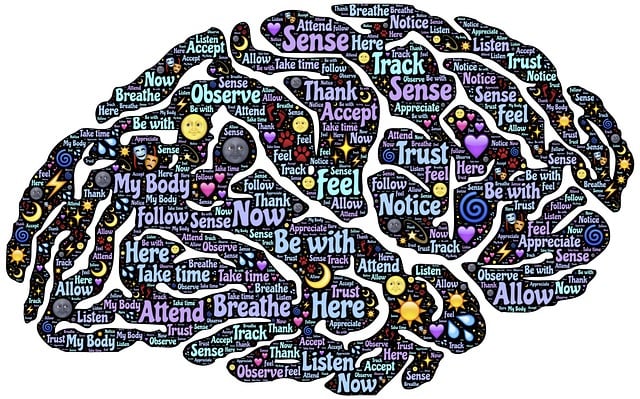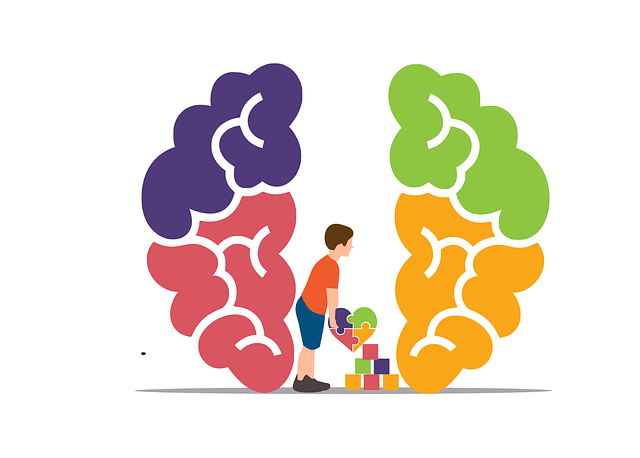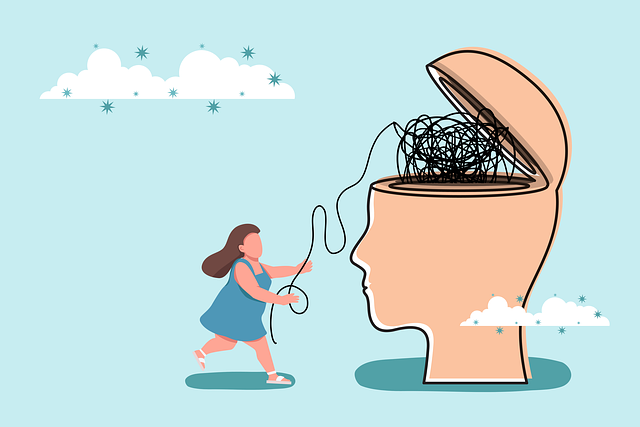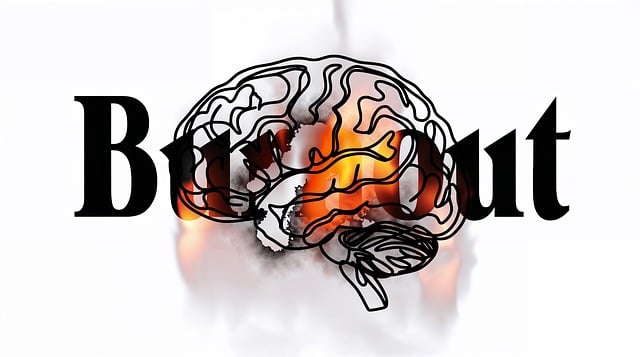Longmont Alcohol Abuse Therapy centers recognize the deep link between mental health and substance abuse, offering tailored crisis intervention guidance. Strategies like trigger identification, mindfulness practices, exercise, and meditation empower individuals to navigate challenges and prevent burnout. Cognitive techniques rewrite negative thought patterns, enhancing emotional balance for mood disorders. Mindfulness and meditation tools reduce stress and anxiety, benefiting those seeking Longmont Alcohol Abuse Therapy and overall well-being. A holistic approach, including community support systems and cultural competency training, promotes improved mental health within the community.
Mood regulation strategies are essential tools for maintaining mental well-being. This comprehensive guide explores various techniques, from understanding the role of mental health to identifying triggers and employing cognitive techniques, mindfulness, and meditation. For those seeking sustainable solutions, Longmont Alcohol Abuse Therapy offers proven strategies tailored to individual needs. By navigating these approaches, you can achieve better emotional balance and enhance your overall quality of life.
- Understanding Mood Regulation: The Role of Mental Health
- Identifying Triggers: Recognizing Patterns for Better Coping
- Cognitive Techniques: Rewiring Your Thoughts for Emotional Balance
- Mindfulness and Meditation: Cultivating Presence for Peace
- Longmont Alcohol Abuse Therapy: Strategies for Sustainable Mood Management
Understanding Mood Regulation: The Role of Mental Health

Understanding Mood Regulation is a crucial aspect of mental health and well-being. It involves recognizing and managing emotional states to maintain balance and resilience. Mental health plays a pivotal role in this process, as it provides the foundation for coping with stress, anxiety, and depression—all of which can significantly impact mood regulation. Longmont Alcohol Abuse Therapy centers often emphasize the interconnectedness of mental health and substance abuse, offering comprehensive crisis intervention guidance tailored to individual needs.
Effective mood regulation strategies are essential tools in burnout prevention. By developing emotional regulation skills, individuals can navigate life’s challenges more adaptively. This includes learning to identify triggers, practicing mindfulness, and adopting healthy coping mechanisms such as exercise, meditation, or engaging in creative pursuits. Crisis intervention techniques taught by professionals can also equip people with immediate strategies to manage intense emotions during stressful situations, fostering better mental health outcomes.
Identifying Triggers: Recognizing Patterns for Better Coping

Identifying triggers is a crucial step in managing and regulating one’s mood, especially for individuals seeking Longmont Alcohol Abuse Therapy. By recognizing patterns that lead to emotional disruptions, people can develop more effective coping strategies. Triggers can vary widely; they might be external, such as specific environments or interactions, or internal, like certain thoughts or memories. For instance, a person with anxiety may discover that crowded places are frequent triggers, while someone dealing with past trauma might identify specific sounds or scents as evocative.
Understanding these patterns allows for better preparation and management of emotional responses. This self-awareness can be fostered through various means, including therapy sessions designed to enhance mental health education programs. Building inner strength and developing mental wellness coaching programs can empower individuals to navigate triggers more effectively, leading to improved overall mental wellness.
Cognitive Techniques: Rewiring Your Thoughts for Emotional Balance

Cognitive techniques offer a powerful tool for individuals seeking to regulate their moods and achieve emotional balance. This process involves rewireing negative thought patterns that contribute to mood disorders, such as anxiety or depression. By identifying distorted thinking and challenging these thoughts with evidence-based strategies, individuals can gain control over their emotions. Longmont Alcohol Abuse Therapy often incorporates cognitive techniques to help clients understand the connection between their thoughts, feelings, and behaviors, enabling them to make positive changes in their lives.
Developing a self-care routine is an essential aspect of cognitive technique implementation. Incorporating activities that promote mental health awareness, such as mindfulness practices, meditation, or journaling, can enhance emotional resilience. Cultural sensitivity in mental healthcare practice also plays a role, ensuring that therapeutic approaches are tailored to individual needs while respecting diverse cultural backgrounds. These strategies work synergistically to support overall well-being and foster healthier thought patterns.
Mindfulness and Meditation: Cultivating Presence for Peace

In today’s fast-paced world, navigating emotional ups and downs can be challenging. This is where practices like mindfulness and meditation come into play, offering powerful tools for Longmont Alcohol Abuse Therapy and overall well-being. By cultivating a sense of presence, these techniques help individuals become more aware of their thoughts and feelings without judgment.
Mindfulness meditation encourages focusing on the present moment, allowing one to observe their emotions without reacting impulsively. This practice has been shown to significantly enhance emotional well-being promotion techniques, reducing stress and anxiety. Incorporating just a few minutes of mindful breathing or body scans into daily routines can help manage mood swings effectively. Such practices don’t just benefit those seeking Longmont Alcohol Abuse Therapy; they are valuable tools for anyone aiming to improve their mood management skills.
Longmont Alcohol Abuse Therapy: Strategies for Sustainable Mood Management

In Longmont, Alcohol Abuse Therapy plays a pivotal role in equipping individuals with effective mood regulation strategies. Beyond mere treatment, it fosters sustainable mental well-being by addressing the root causes of alcohol abuse. Skilled therapists employ evidence-based techniques tailored to each client’s unique needs, integrating aspects like cognitive behavioral therapy (CBT) and mindfulness practices. These approaches empower individuals to manage stress, process emotions healthily, and cultivate resilience against triggers that could lead to relapse.
Longmont Alcohol Abuse Therapy also emphasizes the importance of a holistic approach, considering not just individual factors but also community support systems. The integration of Healthcare Provider Cultural Competency Training ensures that services are sensitive to diverse backgrounds, fostering trust and engagement. Additionally, Community Outreach Program Implementation plays a crucial role in spreading awareness, providing resources, and connecting affected individuals with the care they need. These comprehensive strategies aim to create lasting change by not only treating alcohol abuse but also promoting better mental health and well-being within the community.
Mood regulation is a multifaceted process that, when mastered, can significantly enhance overall well-being. From understanding mental health’s role to employing cognitive techniques, mindfulness practices, and seeking specialized help like Longmont Alcohol Abuse Therapy, individuals have a multitude of tools at their disposal. By identifying triggers, rewire negative thought patterns, and cultivating present-moment awareness, one can achieve emotional balance and lead a more fulfilling life. These strategies not only promote self-care but also empower individuals to navigate life’s challenges with resilience and grace.



